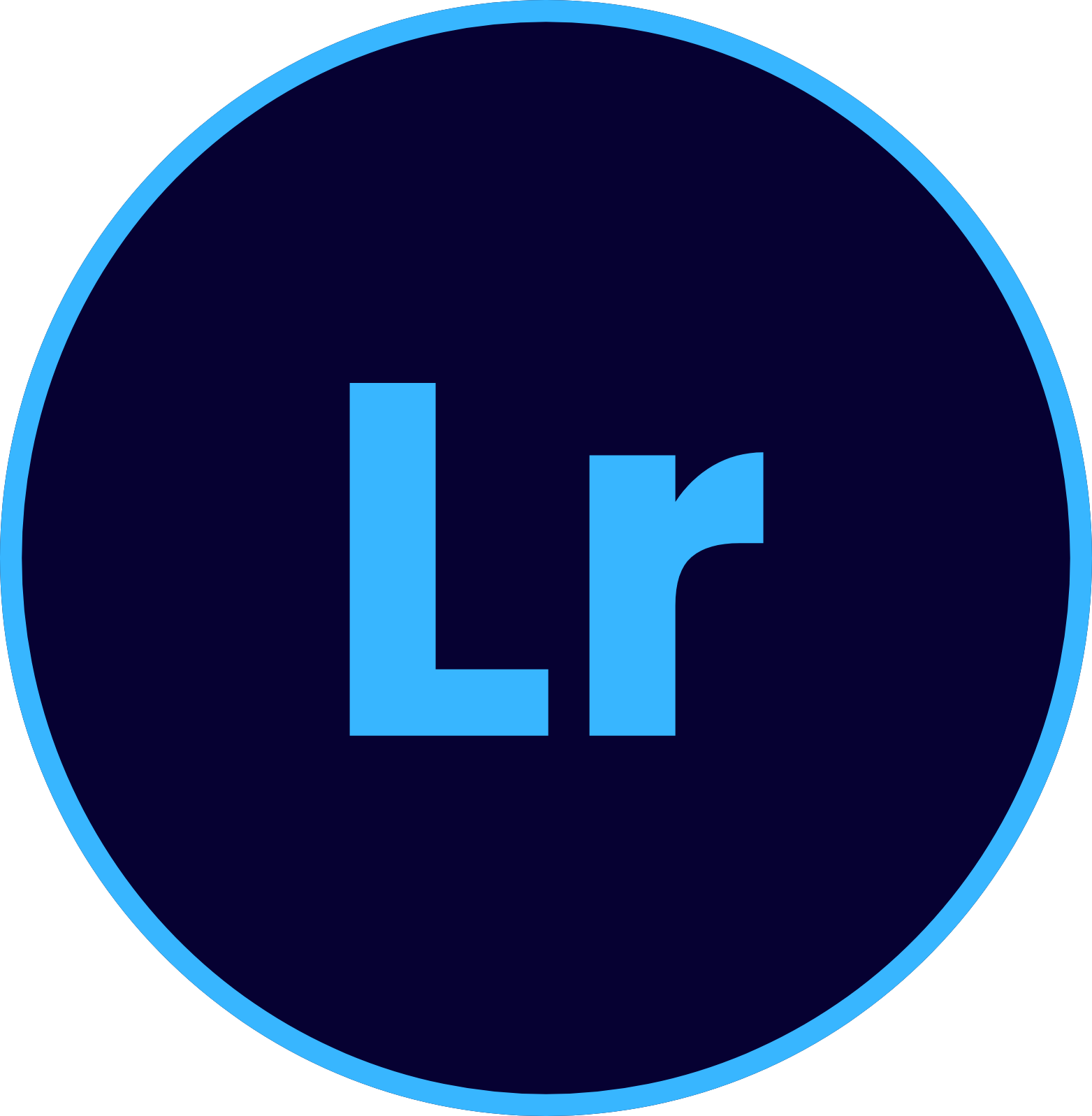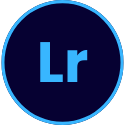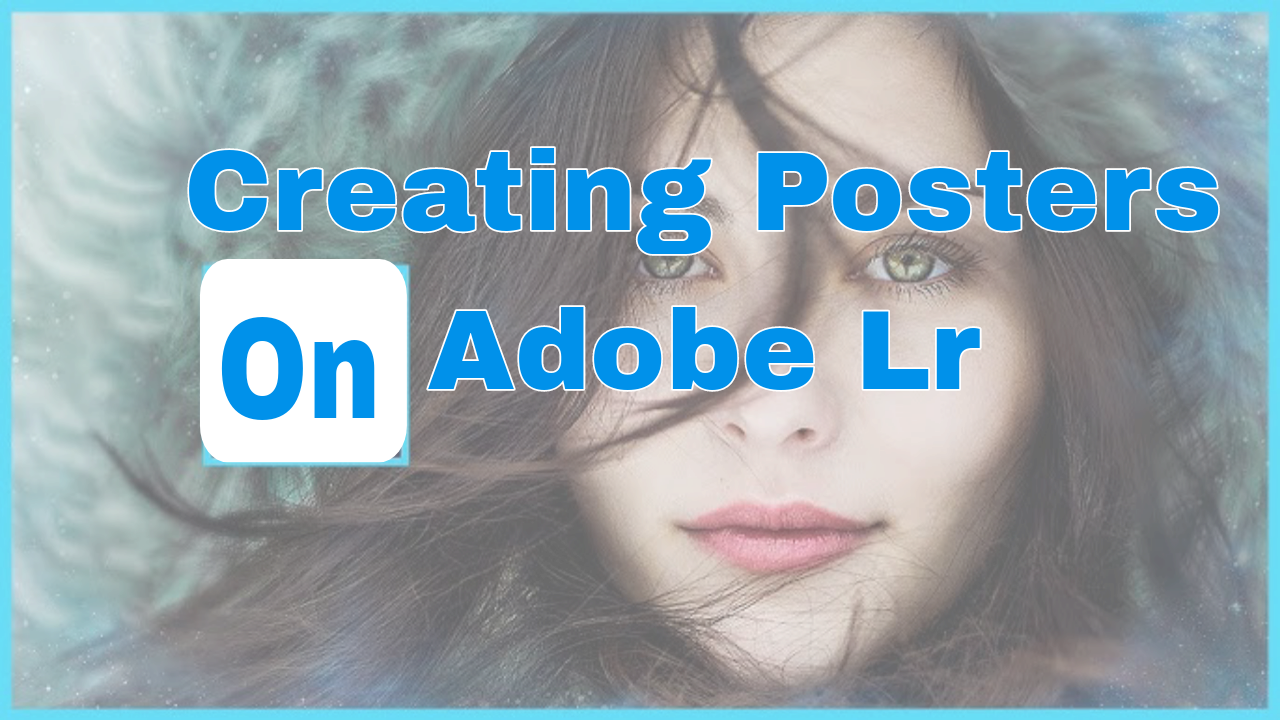How to Use Adobe Lightroom for Posters 2025
Introduction
Importance of Posters in Design
Posters are not just a visual representation, but a powerful way to convey a message or idea. These are very important for marketing, events, and personal projects. A well designed poster can grab your audience’s attention and attract them towards your message.
Why Use Adobe Lightroom for Poster Design?
Adobe Lightroom may be a flexible tool that’s perfect for photo altering and enhancement Its user friendly interface and capable altering tools allow you to form staggering and professional level blurbs Also you’ll be able speed up your workflow indeed more with Lightroom presets free download APK.
Key Features of Lightroom for Creative Projects
- Lightroom background blur for depth creation.
- Presets lightroom to achieve unique looks instantly.
- Easy-to-use interface for beginners and advanced users.
- Compatibility with multiple devices like Lightroom mobile and adobe Lightroom pc.
Setting Up Your Document
Steps to Set Up Your Document in Lightroom
The first step to create a poster is to set up the document:
- Open Adobe Lightroom Classic or install Adobe Lightroom if not already installed.
- Define the aspect ratio of your poster, like 24×36 inches for standard size.
- Import your image using Lightroom photo download feature or upload your own photography.
Essential Tools for Poster Design in Lightroom
- LR Lightroom development module for advanced editing.
- Lightroom raw presets for quick adjustments.
- Lightroom scanner for importing images directly from physical prints.
Designing Your Poster in Adobe Lightroom
Choosing the Right Background
Selecting a Background Image
Background is the most important element of a poster. You can elevate your design by using lightroom background hd or lightroom background png files.
Designing the Background
Use the Lightroom editing background tools to enhance your background in Lightroom. Shadows and gradient filters can be added to create depth and focus.
Applying Filters and Adjustments
Filters set the mood of your poster. You can give your poster a dramatic look by downloading Lightroom cinematic presets for free.
Adding Main Elements
Inserting the Main Character
The character in the poster must be ignored. It was the lexicon of PRO version features to make the subject stand out.
Positioning the Character
Keep in mind the Lightroom background color and composition when deciding the placement of the character. Create balance using center alignment or rule of thirds.
Creating Shadows and Depth
Use the Blending Tools app to add shadows and highlights to the glossary. Shadows have realism and depth numbers in the poster.
Enhancing the Visuals
Color Adjustment Techniques
Refine the colors by doing it with the best photo editing tools in the library. Create a proactive look by adjusting the Webranks and Stratos.
Blend Modes for Professional Effects
Experiment with blend modes like multiply and overlay for unique effects. You also find these options in Adobe Lightroom presets.
Adding Lighting Effects
Use radial filters and gradient tools to create lighting effects. It will harmonize your subject and background.
Working with Text
Incorporating Text in Your Poster
The text of the poster should be visually appealing and clear. Both Lightroom mobile and desktop versions have the option of text overlay.
Choosing Fonts That Match Your Theme
Select fonts according to the theme of the poster. You can also get inspiration by downloading lightroom templates online.
Adding the Title and Additional Text
Make the title bold and legible. For additional text, use smaller fonts that are raised against the background.
Enhancing Text with Texture and Style
Add texture and style to text using Lightroom editing presets for a premium look.
Final Touches for a Polished Poster
Consistency Check: Colors, Text Alignment, and Details
Check every element of the poster thoroughly. Ensure uniformity in colors and alignment.
Creating Depth with Light and Shadow
The balance of gloss and shadow makes the poster really stunning. Create dramatic effects with Lexitron Kinematic Priests free download.
Applying Masking Techniques
Remove distortions caused by masking and ignore elements.
Final Adjustments
Polish the poster by adding sharpening, retouching, and surface finishing.
Saving and Exporting Your Work
How to Save Your Poster for Printing
Select the high-quality format Lak TIFF or PNG when saving the poster. Download it for better resolution.
Optimal File Formats and Settings
Set dpi (300 or higher) for poster printing and make it 64-bit for advanced settings.
Printing Your Poster with Lightroom Classic
Things to Know Before Printing
- Be sure to check the printer parameters.
- Do it for print size.
Setting Paper, Printer, and Margins
Properly adjust margins in paper and printer settings for professional output.
Ensuring Calibration and Quality
Do it with Adobe Acrobat Classic for printer and monitor capabilities.
Conclusion
Poster design is a creative process that depends on your skills and proper use of tools. With the help of Adobe Lightroom you can design a professional-level poster. Experiment, and explore new techniques, and take your creativity to the next level!






